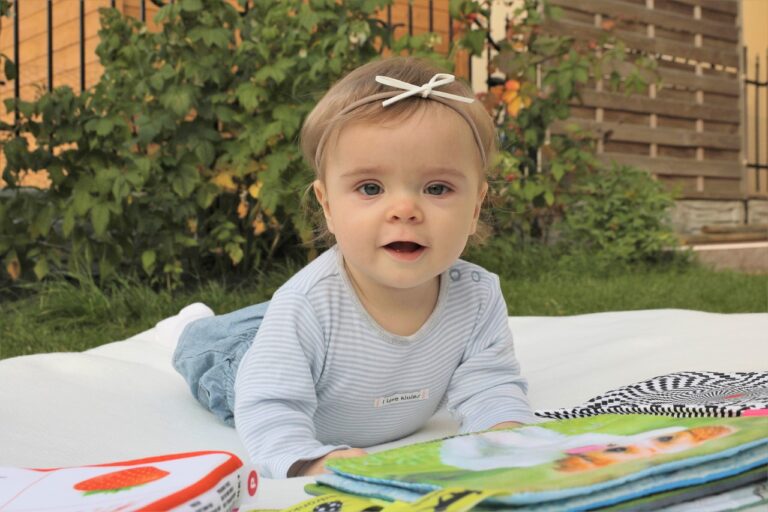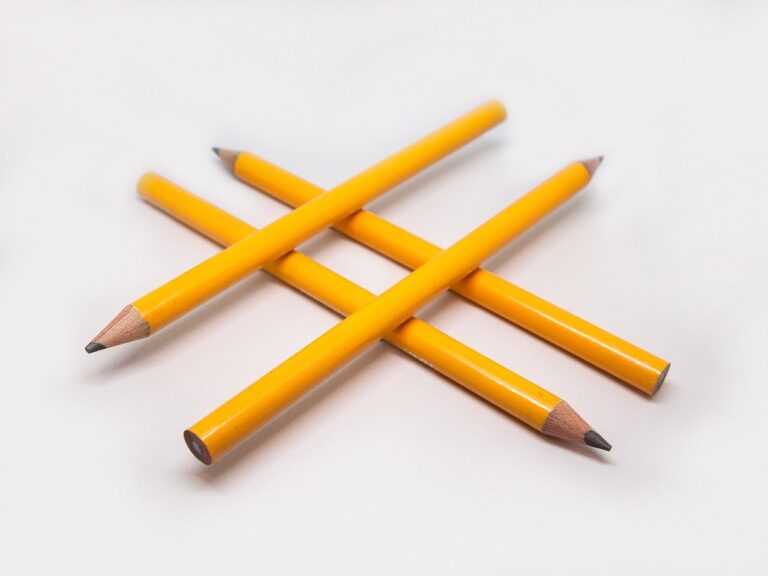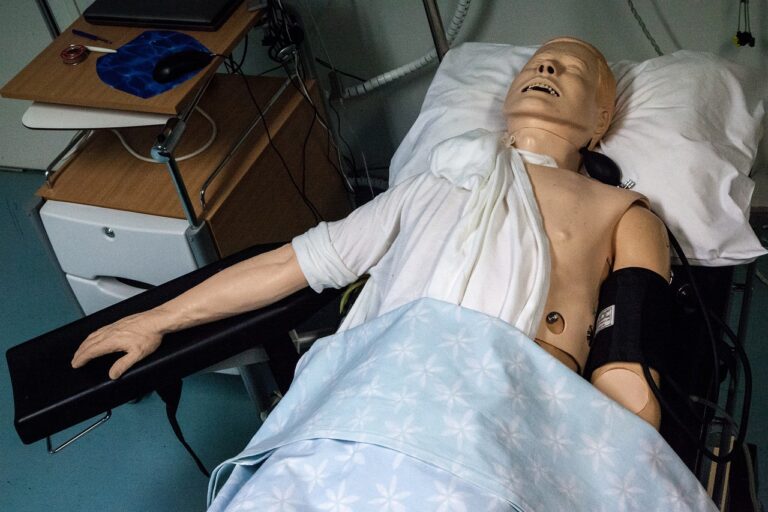Exploring the Benefits of Experiential Learning in Political Science Education
Hands-on learning plays a vital role in education by providing students with valuable opportunities to engage directly with the material they are learning. Through hands-on activities, learners can deepen their understanding of complex concepts and develop critical thinking skills that are essential for success in both academic and real-world settings. By actively participating in experiments, projects, and simulations, students are able to experience firsthand the principles and theories they are studying, which can lead to a more profound and lasting comprehension of the subject matter.
Additionally, hands-on learning fosters creativity and innovation by encouraging students to think outside the box and explore new approaches to problem-solving. By immersing themselves in practical, hands-on experiences, learners are able to cultivate a sense of curiosity and exploration that can inspire them to tackle challenges with confidence and creativity. This hands-on approach to learning not only enhances students’ academic performance but also equips them with the skills and knowledge they need to succeed in an ever-evolving, dynamic world.
Enhancing Critical Thinking Skills
Critical thinking skills are essential for navigating the complexities of the modern world. By honing these skills, individuals are better equipped to analyze information, solve problems, and make informed decisions. One effective way to enhance critical thinking is through hands-on learning experiences that require active engagement and problem-solving.
When individuals are faced with real-world challenges, they are forced to think critically, consider multiple perspectives, and evaluate possible solutions. This process fosters a deeper understanding of the subject matter and encourages individuals to think creatively and analytically. By engaging in practical activities that stimulate critical thinking, individuals can develop a strong foundation of skills that can be applied across various aspects of their personal and professional lives.
Building Practical Knowledge and Application
Learning does not simply stop at the acquisition of knowledge but extends to the practical application of that knowledge in real-life scenarios. By engaging in hands-on learning experiences, individuals have the opportunity to bridge the gap between theory and practice, thereby consolidating their understanding of complex concepts. This hands-on approach allows learners to experiment, explore, and problem-solve in a tangible way, leading to a deeper grasp of the subject matter.
Through the process of building practical knowledge and applying it in various contexts, individuals develop essential skills such as critical thinking, problem-solving, and decision-making. By actively engaging with the material and actively participating in the learning process, learners are better equipped to transfer their theoretical knowledge into practical skills that are relevant and applicable to their field of study or work. This application of knowledge not only enhances one’s competencies but also fosters a deeper sense of confidence and proficiency in their abilities.





